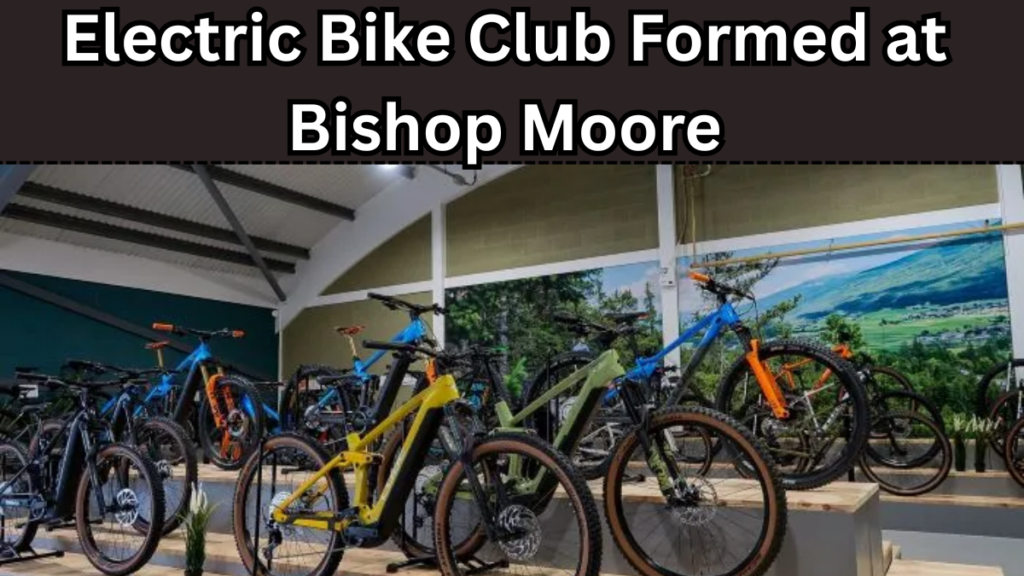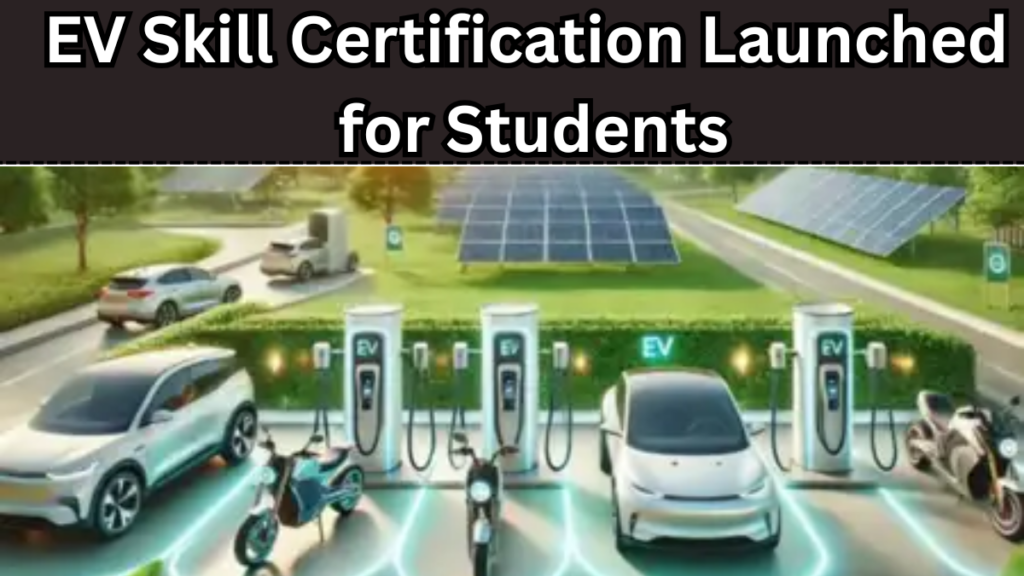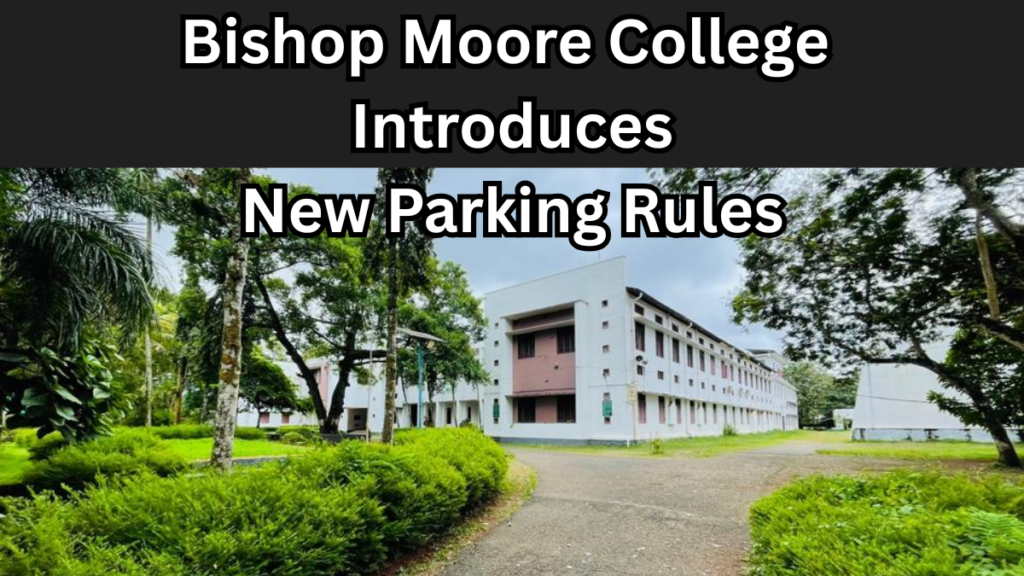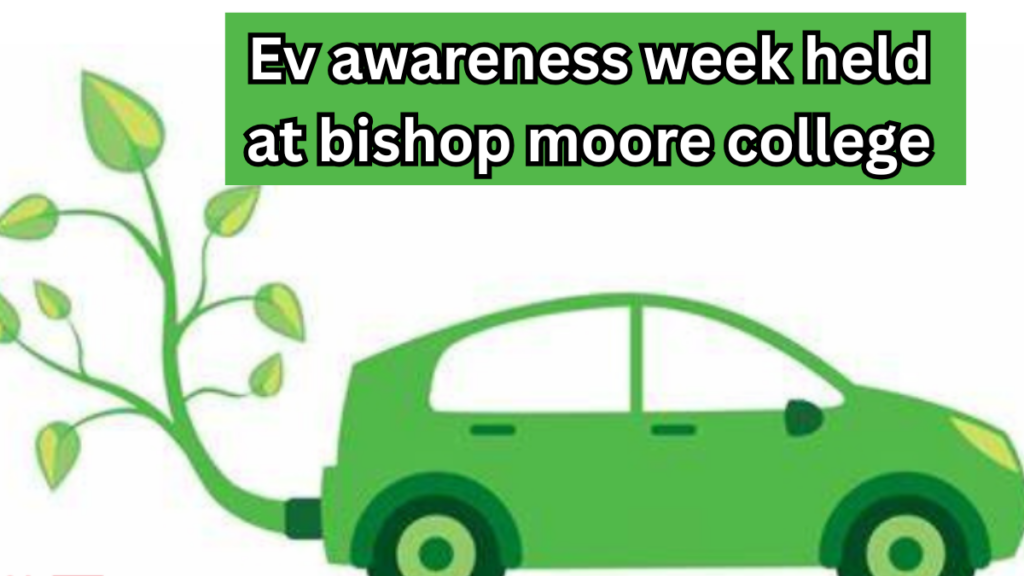In an exciting step towards Innovation and sustainable transport, the students of Bishop Moore College have successfully built an electric scooter prototype. This student-led project is part of growing Campus EV Projects that aim to encourage practical learning and eco-friendly solutions within educational institutions.
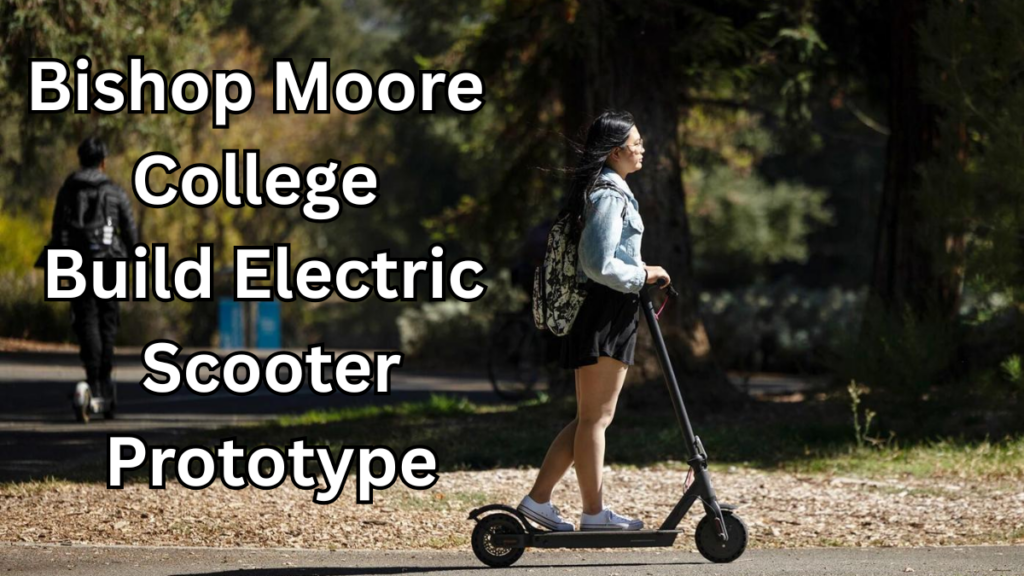
Table of Contents
The Birth of a Campus EV Project
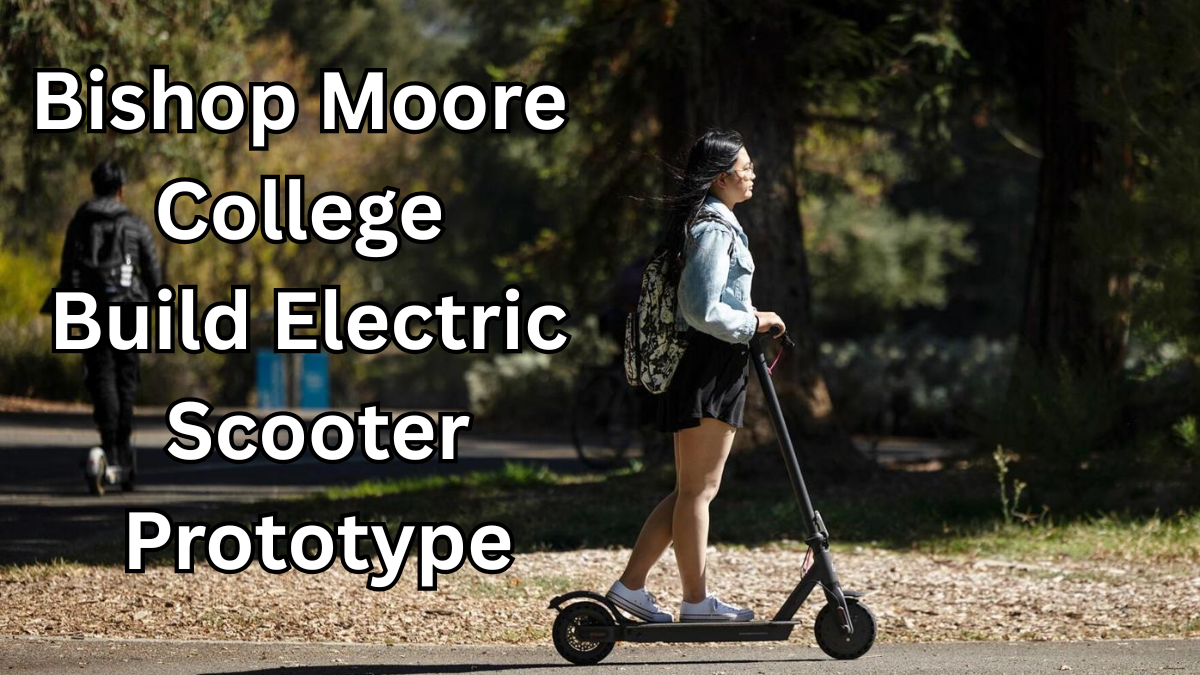
Bishop Moore College has always supported innovative thinking, but this electric scooter project is a proud moment for both the institution and the students involved. The idea was sparked by the increasing need for eco-friendly mobility solutions on campus.
Project Highlights:
-
Team Members: Final-year Physics students
-
Objective: Develop an affordable electric scooter for campus use
-
Key Focus: Sustainability and cost-effectiveness
-
Duration: Completed within 6 months
This project is now considered one of the standout Campus EV Projects that inspires other colleges to explore similar sustainable innovations.
How the Students Designed the Electric Scooter
The students didn’t just build a scooter; they engineered a vehicle with purpose and creativity.
Key Features:
-
Battery-Powered System: Capable of quick charging
-
Lightweight Frame: Easy to navigate on campus
-
Top Speed: 25 km/h – ideal for campus roads
-
Cost-Effective Design: Built using affordable, locally-sourced materials
Their approach perfectly blends Innovation and practical needs, focusing on creating solutions that can be scaled across other educational campuses.
Why Campus EV Projects Like This Matter
Projects like this go beyond classroom learning. They offer:
-
Hands-On Experience: Students apply theoretical knowledge in real-world scenarios
-
Skill Development: Encourages problem-solving, teamwork, and technical skills
-
Sustainable Impact: Promotes eco-conscious choices in everyday transport
These Campus EV Projects not only advance Innovation but also prepare students for future green industries.
Project Outcome: A Model for Future Innovation
The success of this project has attracted attention from other colleges and potential industry collaborators. Bishop Moore College is now planning to:
-
Expand the Project: Possible mass production for campus use
-
Collaborate with Local Startups: To further develop the prototype
-
Inspire Other Institutions: To invest in Campus EV Projects
Quick Project Overview
Feature |
Details |
|---|---|
Project Name |
Electric Scooter Prototype |
Initiated By |
Final-Year Physics Students |
Campus Focus |
Sustainable Mobility |
Key Strength |
Affordable & Eco-Friendly Design |
Speed |
25 km/h |
Future Potential |
Mass Campus Use & Collaboration |
FAQs
1. Why are Campus EV Projects important in colleges?
Campus EV Projects provide students with opportunities to build real-world solutions while contributing to sustainability. They foster Innovation and prepare students for future industries.
2. How did the students at Bishop Moore College develop the electric scooter?
The students used locally available materials, focusing on affordability and eco-friendliness. They worked on battery systems, lightweight structures, and efficient designs as part of their Campus EV Project.
3. Can other colleges start similar Campus EV Projects?
Yes, other colleges can launch their own Campus EV Projects by encouraging student-led initiatives, supporting innovation hubs, and collaborating with local startups for resources and mentorship.
4. What is the future of this electric scooter prototype?
Bishop Moore College plans to further refine the prototype and explore partnerships to produce more units for campus use, potentially making it a standard model in campus transportation.
Click here to learn more

